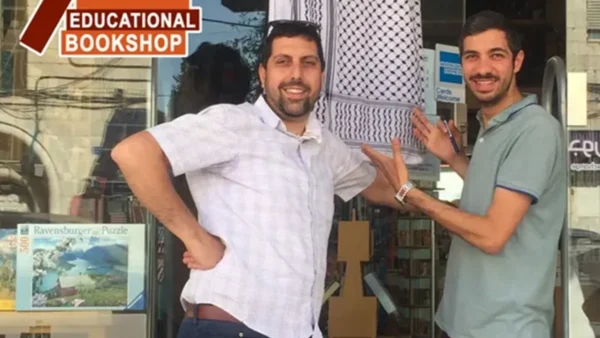Shorthand language results in shorthand thinking. Ideas are abbreviated to fit into a small space, not nurtured and allowed to breathe and grow.
Newspapers face a fundamental design problem. They need to put headlines in huge, bold letters to grab the attention of would-be readers, and yet they have very narrow columns.
The solution is to abbreviate remorselessly, creating new words, or new meanings for old words, if necessary. Thus, for example, “conspiracy” becomes “plot”, “consider” becomes “weigh”, and “investigation” becomes “probe”, a word always uncomfortably reminiscent for me of colonoscopies. “PM weighs bomb plot probe” is the kind of nonsense that results.
The problem has become acute in the last five years because the buzzword of the age, “terrorism”, has 9 letters and is thus annoyingly long. So we shorten it to “terror”, a word with a completely different meaning. “Terrorism” means actions designed to create fear among its victims. “Terror” is the emotional reaction to terrorism. It is not synonymous with terrorism. The distinction is important. When we say we are waging war on “terror”, we are launching air strikes and missiles against an emotion. This kind of shorthand thinking absurd, and it’s hardly surprising that it’s not working out too well.
Some may argue that we all know what is meant. Terror is simply a new shorthand for terrorism. Well, I think that language is important. When language is distorted and fuzzy, thinking tends to be distorted and fuzzy too. Actions tend to be ill thought out and unsuccessful, unforeseen consequences tend to arise. Stop me if any of this is starting to sound familiar.
As George Orwell wrote in an essay on “Politics and the English Language” in 1946,
“A man may take to drink because he feels himself to be a failure, and then fail all the more completely because he drinks. It is rather the same thing that is happening to the English language. It becomes ugly and inaccurate because our thoughts are foolish, but the slovenliness of our language makes it easier for us to have foolish thoughts.”
Sorry, George, but things have got a lot worse since you left us. To move on to just one more example out of the dozens I could give, “Islamic fundamentalism” is clearly far too long to appear in a news article, let alone a headline. So, to save column inches, “Islamic fundamentalism” becomes “Islamism”, which very quickly becomes “Islam”. So rather than tackling the problem of small groups of fundamentalists, we try to tackle the “problem” of Islam, a diverse religion of more than a billion people. On the morning after the recent failed terrorist attacks here in London, for example, the Daily Express editorialised against not violence or terrorism or extremist hate speech, but against multiculturalism. The considered opinion of “The World’s Greatest Newspaper” (their quote, not mine) was that we can avoid future car-bomb attacks by banning Muslim women from wearing the veil. Is that fuzzy or distorted enough for you?
I singled out the World’s Greatest Newspaper, but in fact the reaction to the “terror” attacks has been a stream of utter garbage on all sides. Shorthand language results in shorthand thinking. Ideas are abbreviated to fit into a small space, not nurtured and allowed to breathe and grow. Perhaps salvation lies in widescreen TVs. But I doubt it. After all, 24-hour news channels ought to provide a forum for true, rigorous, in-depth analysis of issues. Instead they provide the familiar rushed, slapdash half-hour nightly news package and repeat it 48 times.
Orwell in 1946 thought there was hope for the English language:
“The point is that the process is reversible. Modern English, especially written English, is full of bad habits which spread by imitation and which can be avoided if one is willing to take the necessary trouble.”
Unfortunately he then gives examples of cliches which have been stamped out by concerned defenders of the English language, and most of them (e.g. “leave no stone unturned”) have since returned. I wonder if we have reached a point now where our thoughts have become so foolish and our language so ugly and inaccurate that there’s no real hope for an improvement. Unless…. unless… I have an idea! Let’s declare War on Language!


